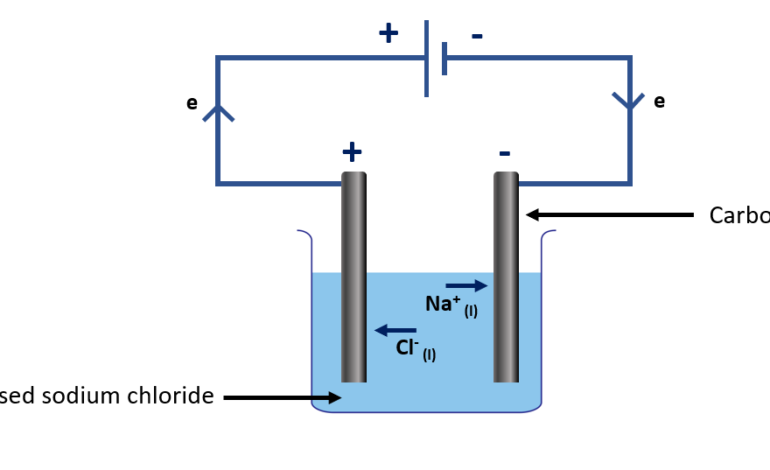Sodium silicates are inorganic compounds that are used in a variety of industrial applications, including as binders, detergents, and adhesives. The mechanical properties of sodium silicates depend on their chemical composition and the processing conditions used to produce them.
By jill570641 @ flickr.com – <a rel=”nofollow” class=”external free” href=”https://www.flickr.com/photos/jill47/6057800625/”>https://www.flickr.com/photos/jill47/6057800625/</a>, CC BY-SA 2.0, Link
Mechanical properties of sodium silicates:
- Hardness: Sodium silicates are generally brittle and have low hardness.
- Tensile strength: The tensile strength of sodium silicates is relatively low, and they tend to be weak in tension.
- Compressive strength: Sodium silicates have good compressive strength and are relatively strong under compressive loads.
- Elasticity: Sodium silicates are generally elastic, and their elasticity can be enhanced by adding reinforcing fibers.
- Toughness: Sodium silicates are not particularly tough and are prone to cracking or breaking under high stress.
- Ductility: Sodium silicates are not ductile and tend to fail catastrophically rather than deform plastically.
The specific mechanical properties of sodium silicates will depend on factors such as the specific type of sodium silicate, its concentration, temperature, and the presence of other additives or reinforcing materials.
What is water glass?
Sodium silicates, also known as water glass, are a class of inorganic compounds that are widely used in a variety of industrial applications. They are formed by reacting silica with sodium oxide in an alkaline medium, resulting in the formation of a range of soluble silicates. The properties and applications of sodium silicates can vary depending on their chemical composition and the processing conditions used to produce them.
Making molds with sodium silicates
One of the most common uses of sodium silicates is as a binder in various industries, such as in the manufacture of foundry molds and cores, refractory materials, and ceramics. In these applications, sodium silicates are typically mixed with sand or other aggregates to form a mold or core, which is then cured or hardened by exposure to carbon dioxide or other gases. The resulting structure is then strong and rigid, able to withstand the heat and pressure of the casting process.
Sodium silicates as adhesives
Sodium silicates are also used as a sealer and adhesive in a range of applications, including in the manufacture of paper products, textiles, and wood. In these applications, the sodium silicate solution is applied to the surface of the material and allowed to dry, forming a hard, durable coating that can protect the surface from moisture and other environmental factors.
Sodium silicate as a detergent
Another important use of sodium silicates is as a detergent and cleaning agent. Sodium silicates are used in laundry detergents and dishwashing detergents, where they act as a builder to improve the cleaning efficiency of the detergent. They are also used in industrial cleaning products, where their alkaline properties can help to break down grease and other stubborn contaminants.
Other uses
In addition to these applications, sodium silicates have a range of other industrial uses, including as a corrosion inhibitor, a deflocculant in ceramics, and as a soil stabilizer in construction. They can also be used as a fire retardant and in the production of adhesives, coatings, and inks.
Limitations of silicates of sodium
Despite their many uses, sodium silicates do have some limitations. For example, they can be brittle and prone to cracking under high stress, and they may not be suitable for high-temperature applications. Additionally, the concentration and chemical composition of the sodium silicate solution can have a significant impact on its properties and performance, and may need to be carefully controlled in certain applications.
Conclusion
In conclusion, sodium silicates are a versatile and widely used class of inorganic compounds with a range of industrial applications. Their unique properties make them suitable for use as binders, adhesives, detergents, and more. As with any chemical, proper handling and control of concentration and processing conditions are important to achieve the desired properties and performance.



